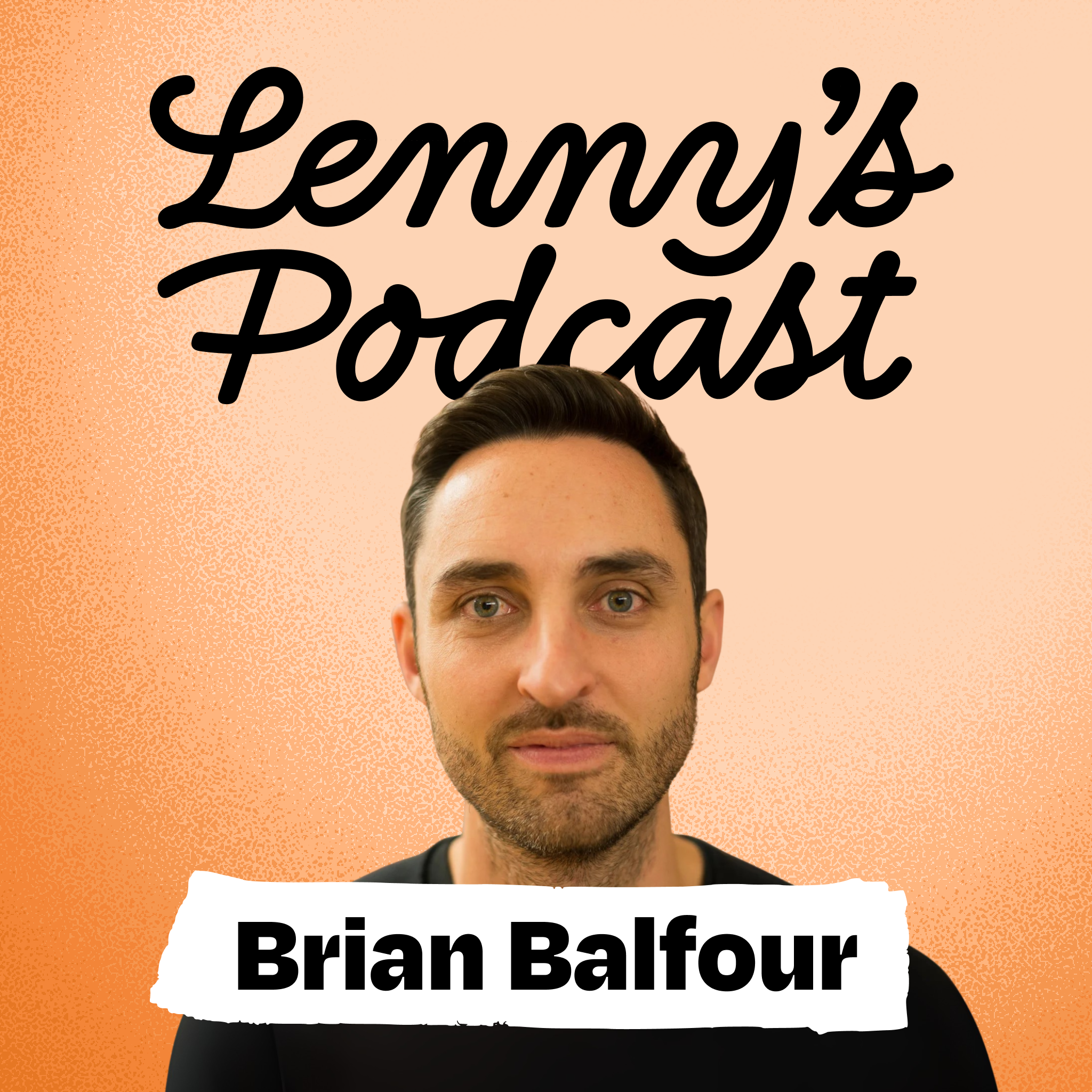Weekly Spotlight #6: The Platform Wars, Educational Revolution, and Dopamine Science
The best conversations don't just inform, they shift how we see entire landscapes. This week's episodes reveal how emerging platforms reshape entire industries, from startup growth strategies to educational transformation to the very chemistry of human motivation.

When Brian Balfour predicts that ChatGPT will become the next major distribution platform, he's not just making another tech forecast. The Reforge founder has lived through every major growth channel emergence, from Facebook's platform to Google's algorithm changes. His insight cuts deeper: we're approaching a rare moment when new distribution channels open up, creating massive advantages for early adopters who understand the four-step platform cycle.
Balfour argues that successful startups win by achieving distribution before incumbents can copy them. Today's challenge? Most organic channels are declining while AI makes competition fiercer than ever. But history shows that when platforms like Facebook or iOS emerged, startups that moved first reaped enormous rewards. The key is recognizing that all platforms follow the same pattern: they open with generous incentives, then gradually close and monetize.
For: Founders and growth leaders ready to place strategic bets before the window closes.
Sal Khan delivers a masterclass in reframing panic into possibility. Where others see ChatGPT as education's destroyer, Khan Academy's founder sees the solution to Benjamin Bloom's "2 sigma problem," the discovery that personal tutoring can move average students to exceptional performance. The question was never whether one-on-one instruction works, but how to scale it. Khan's Khanmigo AI demonstrates something remarkable: technology that doesn't give students answers but guides them toward understanding.
Through compelling examples, from debugging code to debating with historical figures, Khan shows AI becoming the Socratic teacher most students never had access to. His vision extends beyond individual learning to supporting teachers with intelligent assistance for lesson planning and grading. This isn't about replacing human connection but amplifying it.
For: Educators, parents, and anyone who believes learning should be a joy rather than a chore.
Andrew Huberman delivers a revelation about the molecule that controls your every motivation. Forget "dopamine hits," that phrase misses the profound truth about how desire actually works. Dopamine operates on peaks and baselines, and here's the kicker: every peak is followed by a drop below your starting point. This means constantly chasing highs actually lowers your capacity for satisfaction from anything.
Huberman's cold water study is stunning: subjects experienced 250% increases in dopamine that lasted hours, rivaling cocaine's impact but with sustained benefits rather than crashes. The real breakthrough is his protocol for attaching dopamine release to effort itself, not external rewards. By learning to find satisfaction in struggle, you can maintain motivation indefinitely. The science explains why layering multiple dopamine sources (pre-workout, music, social media) during activities eventually makes those activities feel hollow.
For: Anyone who wants to understand what really drives them and how to sustain motivation for what matters most.

